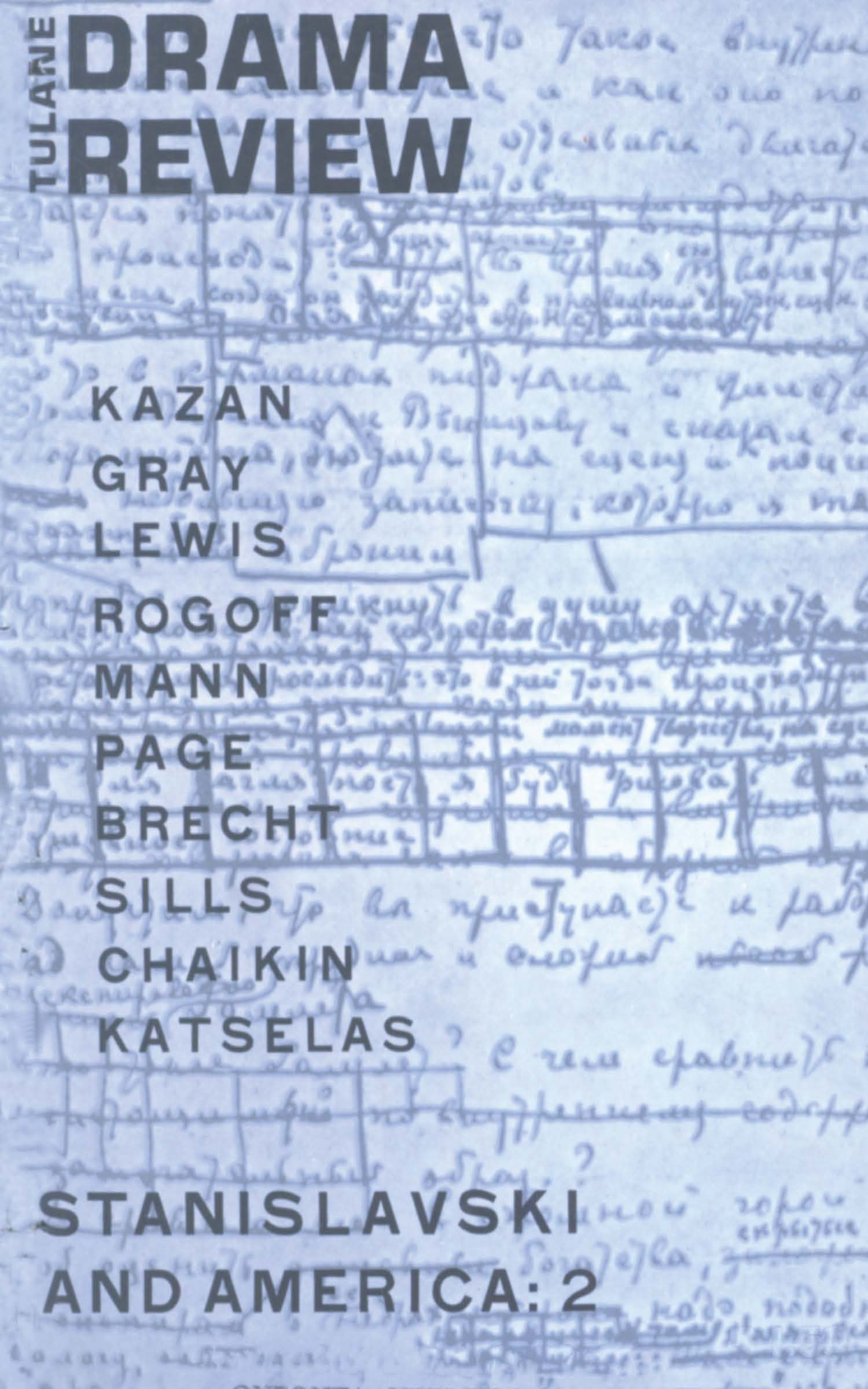No CrossRef data available.
Article contents
The World of Hedda Gabler
Published online by Cambridge University Press: 14 February 2022
Extract
Although Ibsen's Hedda Gabler has recently enjoyed considerable off-Broadway success, critical confusion about the play has not appreciably abated. Reviews of the recent production merely emphasized the conflicting views which have been advanced since Hedda Gabler first appeared in 1890. It seems to be a play about an extraordinary woman—but extraordinary in precisely what way? Is she naturally cruel and malicious, or is she made so by the events one sees on stage? In a review entitled “A Beautiful Snake,” Whitney Balliett in the New Yorker, after admitting that various social problems are dealt with in the play, insists that Ibsen “was primarily interested in exploring ironically the cold depths of that changeless and most fascinating of all women—the bitch.” Alan Pryce-Jones, on the other hand, in Theatre Arts, complained that the New York production made Hedda's bitchiness too immediately apparent.
- Type
- Research Article
- Information
- Copyright
- Copyright © 1962 The Tulane Drama Review
References
Notes
1 All quotations are from Eva Le Gallienne's translation in Six Plays by Henrik Ibsen (New York, 1957).
2 Tesman's moral ambiguity was first noted by Hermann J. Weigand, who also commented on Mrs. Elvsted's flaws in The Modern Ibsen.


